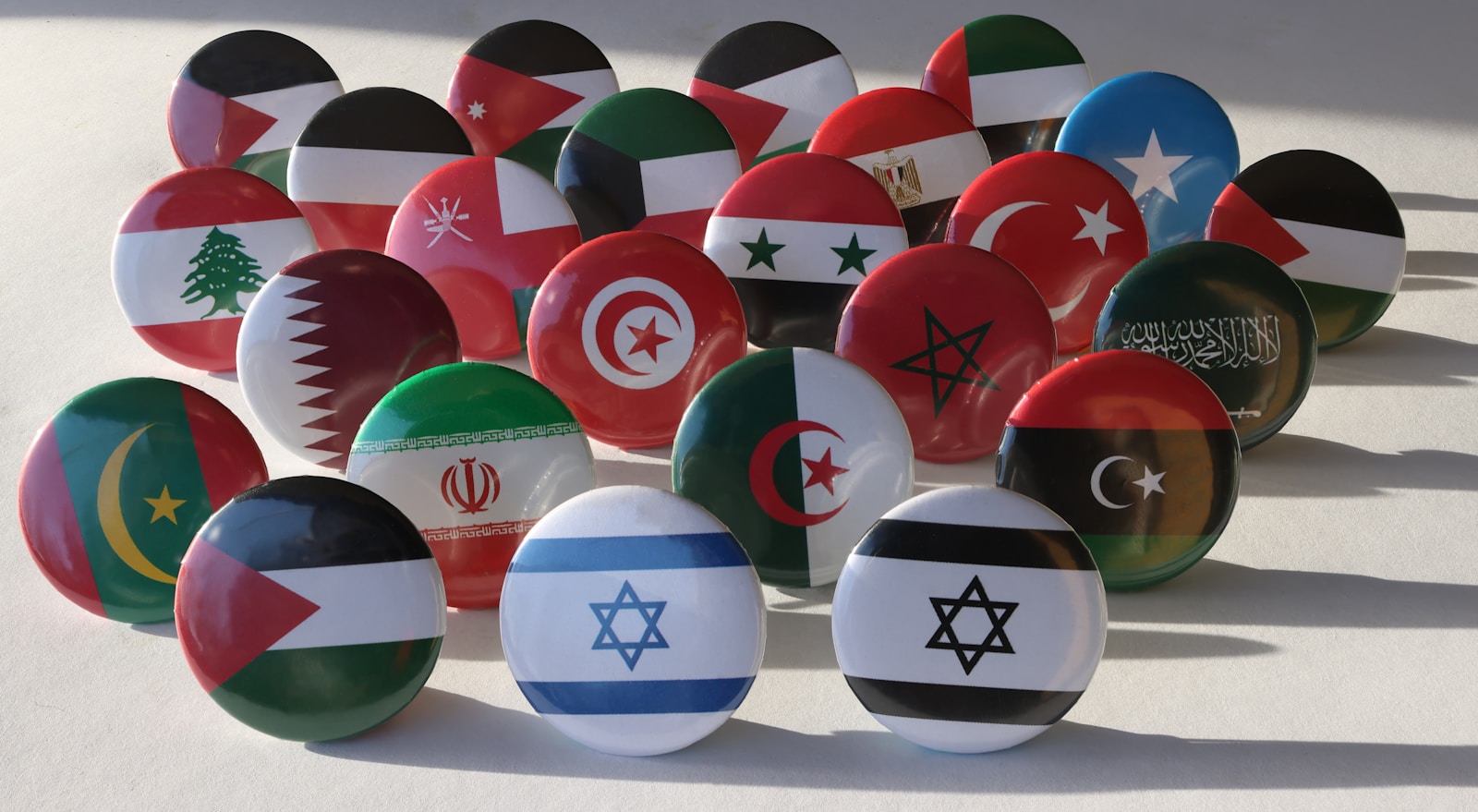Key Takeaways
• Gulf states face four main challenges that can change their plans.
• Rebuilding Syria still risks violence and refugee flows.
• Backing other Arab governments can lead to wars or rifts.
• A shaky Iran may help or hurt Gulf states’ interests.
• Israel’s attacks, like the one in Qatar, test Gulf ties.
Gulf states face four big uncertainties
Gulf states hold great wealth and power. Yet they cannot control every event nearby. In fact, recent turmoil shows how fragile their plans can be. First, they help rebuild Syria. Second, they back governments across the Arab world. Third, they watch Iran’s next moves. Fourth, they balance ties with Israel. Each issue will shape their future stability and growth.
Gulf states and postwar Syria
Gulf states once opposed Syria’s leader. After years of civil war, Syria finally found peace in late 2024. Now Gulf states support the new president. They urged the U.S. to drop tough sanctions on Syria. In addition, they want Syria to absorb millions of refugees. This would ease the burden on nearby countries.
However, a long war left deep wounds in Syria. Ethnic and religious splits remain strong. Israeli attacks on Syria remind everyone that violence can flare up again. Fighting broke out recently in southern Syria. Therefore, Gulf states must watch closely. They can give money and diplomacy. Yet they cannot erase Syria’s history of conflict overnight.
Balancing power in regional politics
While rebuilding Syria is tough, Gulf states face a broader test. Their wealth and influence now top the Arab world. As a result, they invest billions to shape governments and groups beyond their borders. For example, they steer policies in Egypt and North Africa.
Nonetheless, this effort carries big risks. First, propping up unpopular regimes can drag Gulf states into long wars. The Yemen intervention shows how costly that can be. Second, backing rival sides can split Gulf unity. Recent fights over Sudan prove this point. Thus, Gulf states must choose carefully where and how to use their clout.
Watching Iran’s next move
Always in the background is Iran. This country worries Gulf leaders most. Iran helped many Shiite groups in Iraq, Lebanon, and Yemen. It also challenged Saudi Arabia’s power in the Muslim world.
In recent months, Iran lost some strength. Israel’s war with Iran-linked groups in Lebanon and Yemen weakened Tehran’s forces. Some Gulf states welcome this change. Yet they also worry it may lead to bigger conflicts.
Moreover, a weaker Iran could spin into chaos. Turmoil there might spill over Gulf borders. Even more, if Iran’s regime shifted to a new type of government, Gulf monarchs might feel threatened. They fear both a democratic Iran and a more extreme nationalist Iran.
Finally, Gulf states worry that bombing might push Iran to build a nuclear bomb. Such a move would shock the region and risk another full-scale war.
Living with Israel’s assertive military
Israel remains the sole nuclear power in the Middle East. It also ranks as the region’s top military force. Gulf states share some goals with Israel. They both oppose Iran’s reach and rely on U.S. security. In fact, Gulf leaders value Israel’s high-tech gear for spying and cybersecurity.
Nevertheless, most Gulf people condemn Israel’s war in Gaza. They demand support for Palestinians. This public anger makes open ties with Israel risky. The UAE dared to recognize Israel in 2019. Yet Saudi Arabia paused plans after Hamas’ 2023 attack and the Gaza backlash.
Then on September 9, 2025, Israel struck senior Hamas leaders in Qatar. This marked the first direct Israeli attack inside a Gulf state. Even if aimed at terrorists, it shook Qatar and all Gulf partners. Now Gulf states must rethink their Israel strategy. They face pressure from citizens and from shared security goals.
The role of cooperation
No Gulf state stands alone. They created the Gulf Cooperation Council decades ago to stay united. Yet unity has not always held. In 2017, four Gulf states cut ties with Qatar. The rift ended in 2021. Since then, the six members have worked more together.
Still, rivalries persist. Gulf leaders must learn from past mistakes. They see that unity helps them face big threats like Syria’s fragility, regional wars, Iran’s power plays, and Israeli strikes. By acting together, they can shield themselves from events they cannot control.
Conclusion
Gulf states enjoy great wealth and global influence. Yet four uncertainties cast long shadows over their plans. They must help rebuild Syria while keeping it stable. They should balance support for regional regimes without triggering wars. They need to watch Iran’s evolving power and potential chaos. They also have to manage ties with Israel amid popular anger. Above all, cooperation through the Gulf Cooperation Council remains vital. Only by uniting can Gulf states handle the shocks of a turbulent region.
Frequently Asked Questions
What happened in Qatar on September 9, 2025?
On that day, Israel carried out a strike in Qatar targeting top Hamas figures. It was the first direct Israeli attack inside a Gulf state and rattled Gulf leaders.
Why do Gulf states back Syria now?
They want a stable Syria that accepts refugees. Stability helps neighboring countries and stops more violence. They also see new Syrian leaders as less tied to Iran.
How does Iran’s weakness affect Gulf states?
A weaker Iran may lower direct threats. But it might also spark chaos or a shift to a government that Gulf monarchs dislike. Plus, bombing threats could push Iran toward a nuclear program.
Why do Gulf states hesitate to fully normalize ties with Israel?
They share security goals with Israel but face strong public support for Palestine. Israeli military actions, like the Qatar strike, heighten this tension.
